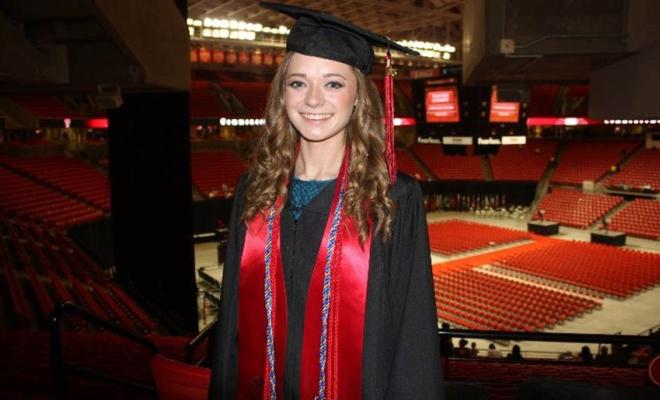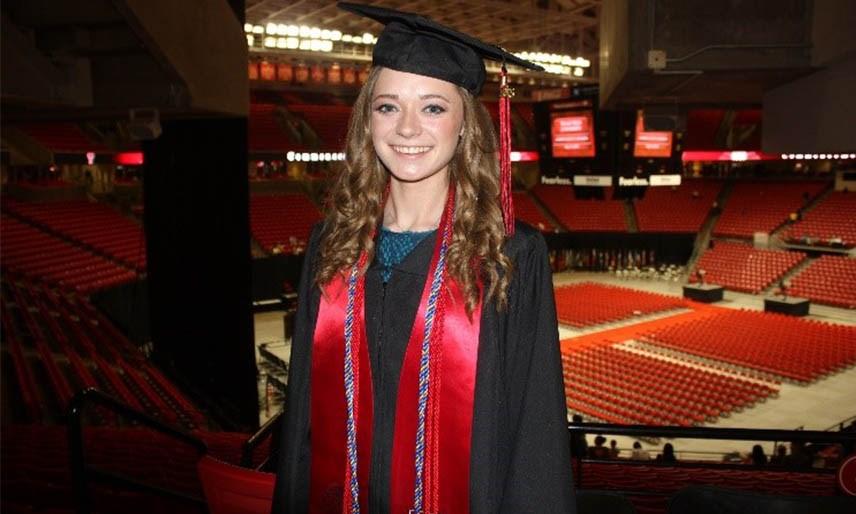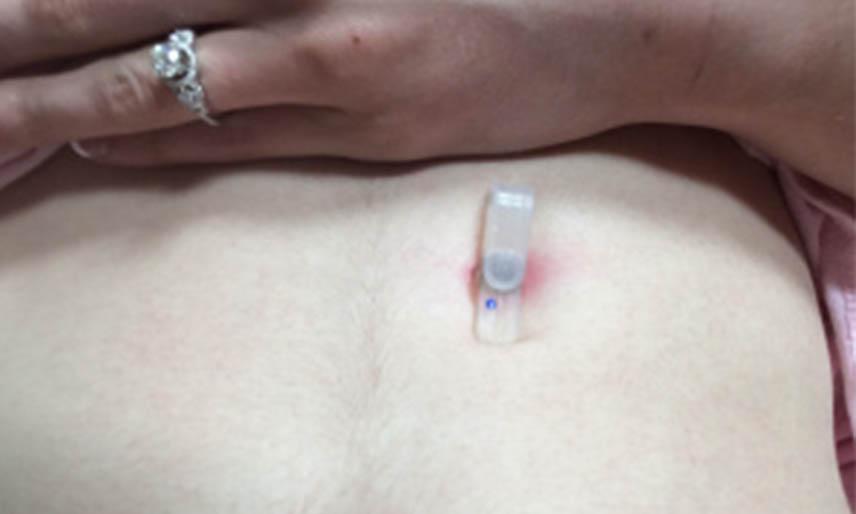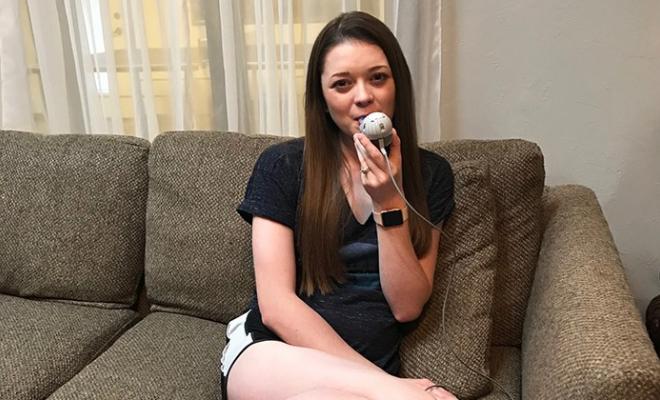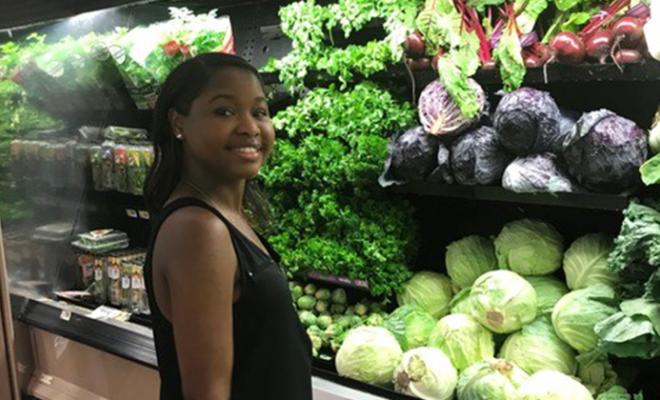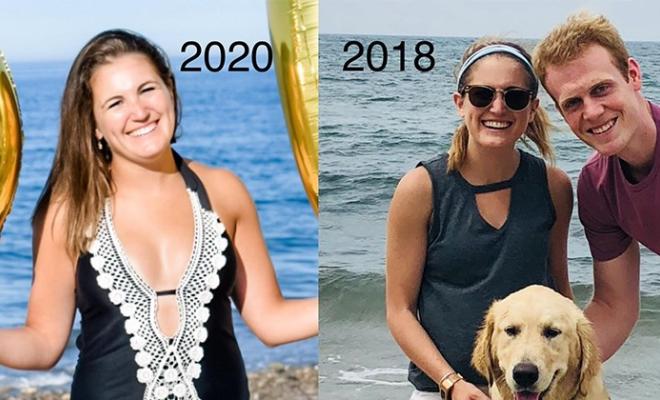I have always been a "foodie." Living with cystic fibrosis means that my life basically revolves around food (and enzymes) anyway. So when I realized I could take my passion for food and combine it with my passion for staying healthy with CF, I jumped at the opportunity.
If you have CF or someone you love has CF, then you probably know that the Registered Dietitian Nutritionist (RDN) is a very important member of the CF care team. It is the RDN's job to understand CF patients' dietary needs and concerns while empowering them to eat well to live well.
It's hard dealing with a chronic, invisible illness, so I'm here to share with you just a few of the lessons that I have learned on my journey to becoming an RDN.
1. It Is OK to Rest
I've never let CF stand in the way of living a normal life; however, I can recall many times in college where I pushed myself to the point of complete and total exhaustion. My strong work ethic started to affect my health because I was pushing myself too hard. I was so determined not to let CF stand in the way of a normal life that I had yet to realize that I was the one standing in the way of myself by not taking care of my body. I had to learn that it was OK to take a break and rest so I can be my best self.
2. We Shouldn't Eat Whatever We Want
Yes, a person with CF should eat a high-calorie, high fat, high protein diet. But does this mean that you need to eat cookies and brownies all day, every day? No, of course not. It is important to add whole grains, fruits, vegetables and dairy to your diet.
Over the years, I've learned how to healthfully add calories to the healthy foods I love, as well as eat my favorite desserts in moderation. Talk to your RDN about healthy ways to add calories to your meals and snacks, and don't forget your enzymes! Also, coupling a healthy diet with regular exercise on a weekly basis keeps my lungs strong -- not to mention, it makes me feel good!
3. Tube Feeding Does Not Equal Failure
Two years ago, I started to lose weight rather than gain it. Every CF clinic visit, I had somehow lost a few more pounds. Eventually, my dietitian told me that if I did not start gaining weight, we would need to start talking about the possibility of a feeding tube.
As someone who was studying how to eat right, I had always seen a feeding tube as a symbol of failure. I told myself that if I couldn't gain weight, then I was a failure.
After graduating college with my bachelor's degree, I spent the entire summer doing my best to gain weight. I was determined not to disappoint myself.
Coincidentally, I was also taking a graduate class online about the use of feeding tubes. During that class, I was given the opportunity to reach out to the CF community for one of my assignments. I wanted to know more about how people with CF feel about their own feeding tubes.
I read testimonial after testimonial. Not one person expressed regret about getting a feeding tube. After completing the class, I realized that maybe it wouldn't be the end of the world if I had to get one.
On my next clinic visit, I went in with an open mind. Much to my chagrin, I had lost two more pounds -- after doing everything I could to gain weight. I was frustrated and disappointed, but I knew what I had to do.
After talking with my doctor and my RDN, it was settled -- a feeding tube was on the horizon for me. Six months later, I had gained 15 pounds and weighed more than I had ever weighed in my life! I have now become a walking testimonial.
The most important thing I have learned is that having a feeding tube does not mean that I have failed. It has only made me stronger as I continue to fight off this disease and the challenges it presents me with each day.
The journey to becoming an RDN is one of the hardest roads I have ever had to take, but it has also been the most rewarding. I have learned so much about myself, my body and this disease. It has also allowed me to pursue my passion for helping others.
I hope that one day, thanks to advances in technology, I can work remotely with other people with CF to improve their quality of life by helping them make healthy decisions. Until then, I'm learning to make healthy decisions for myself.

